Rani Road — Saleem Ahmed Shares Poetic Photographs of His Parents’ Hometown in India
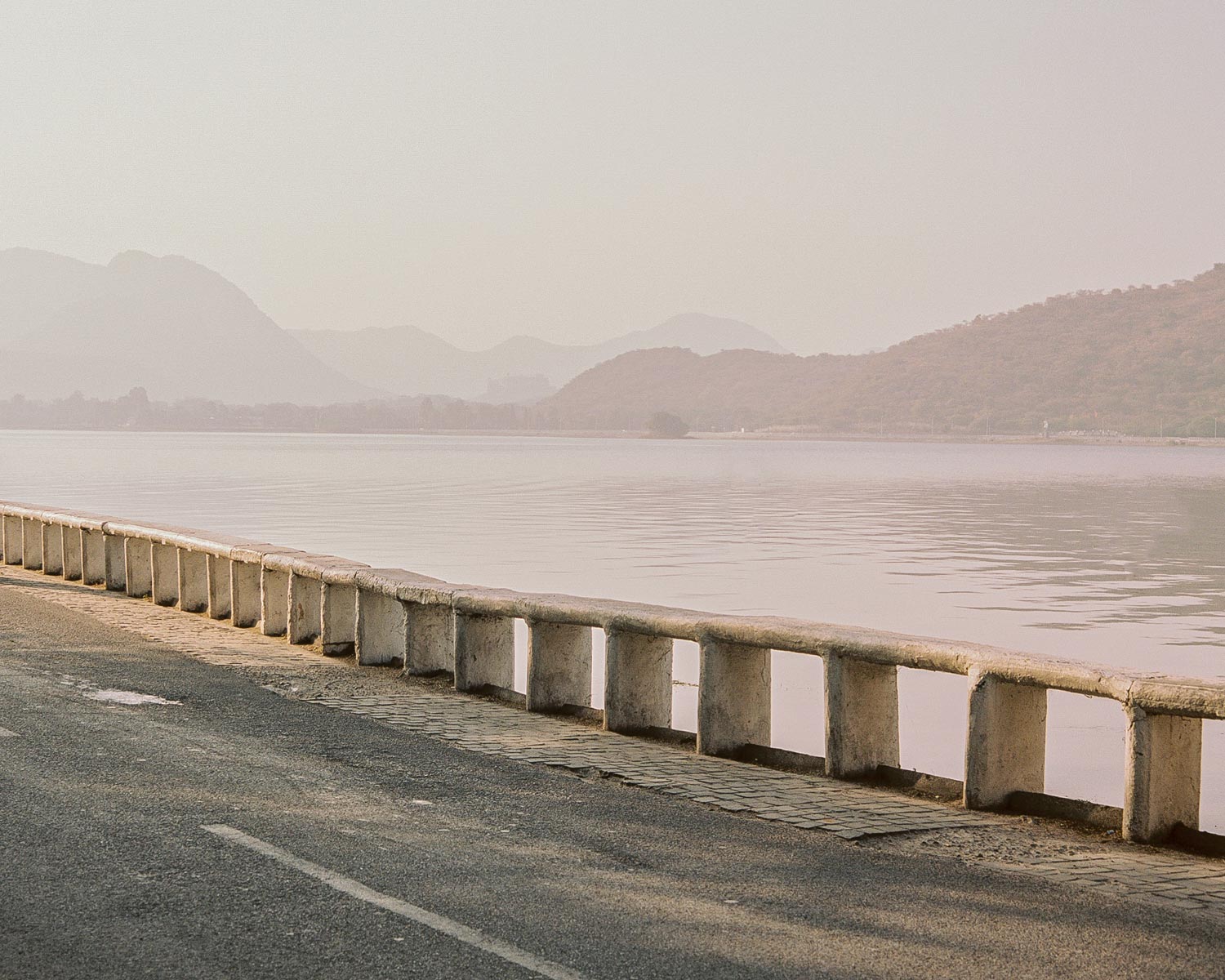
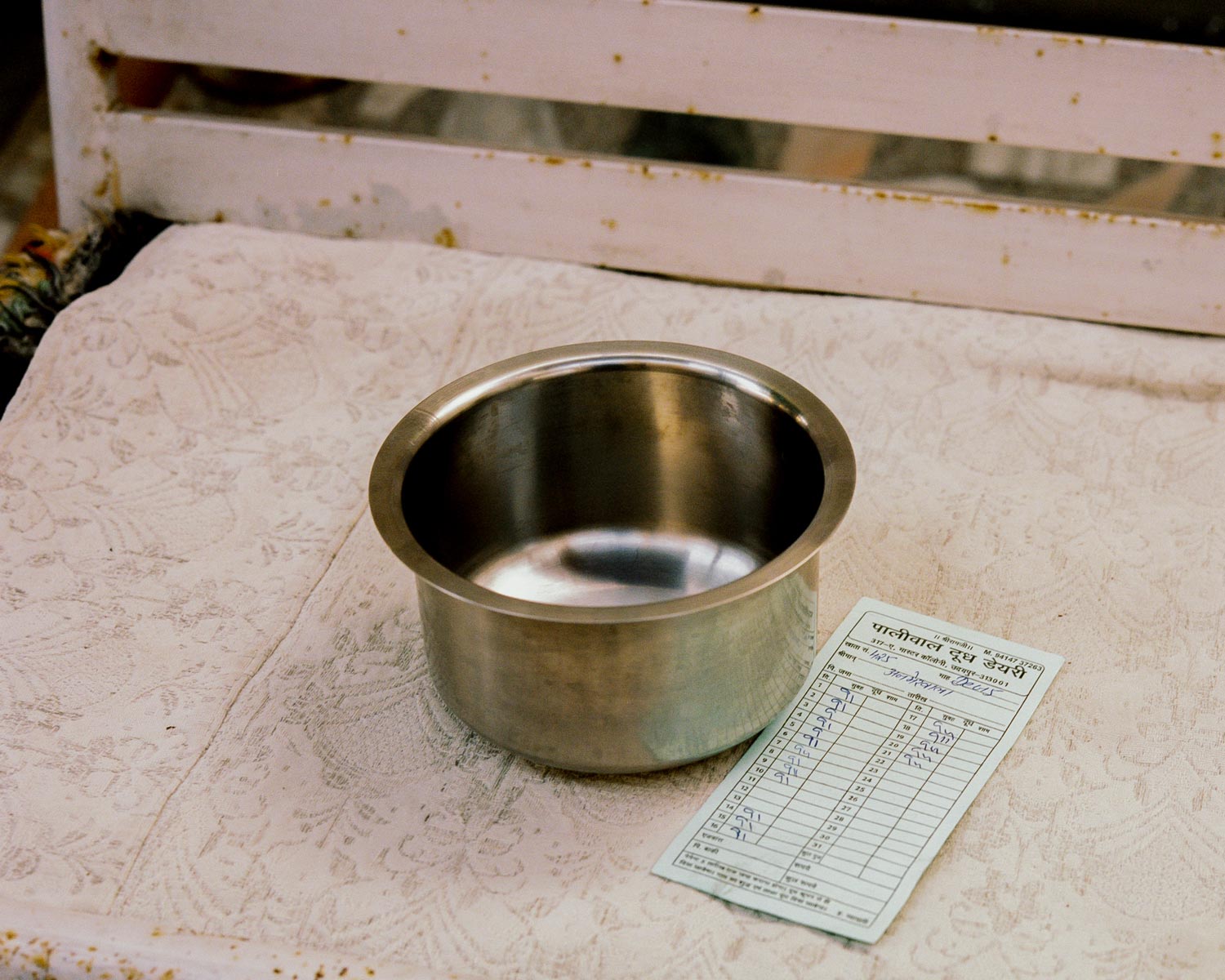
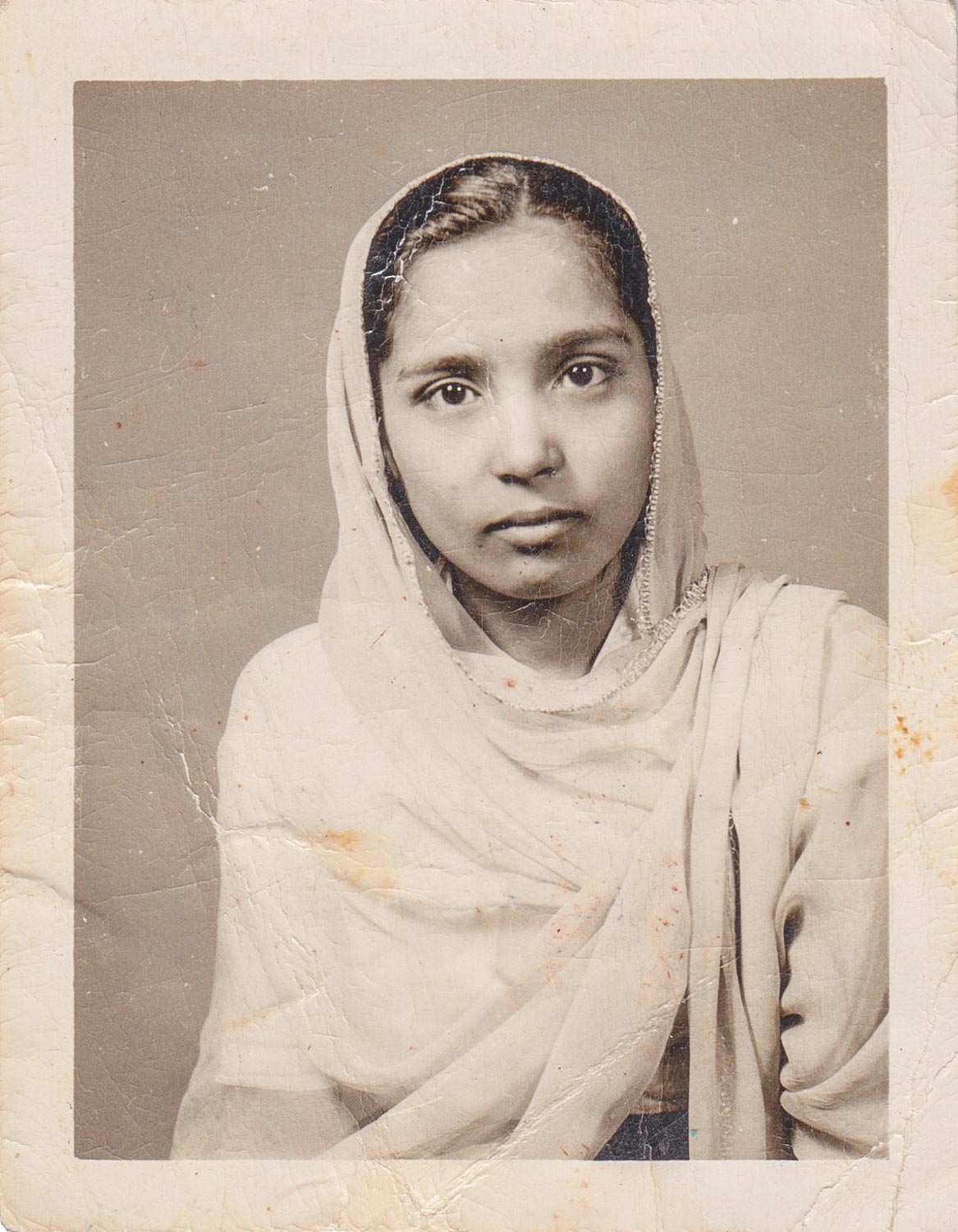
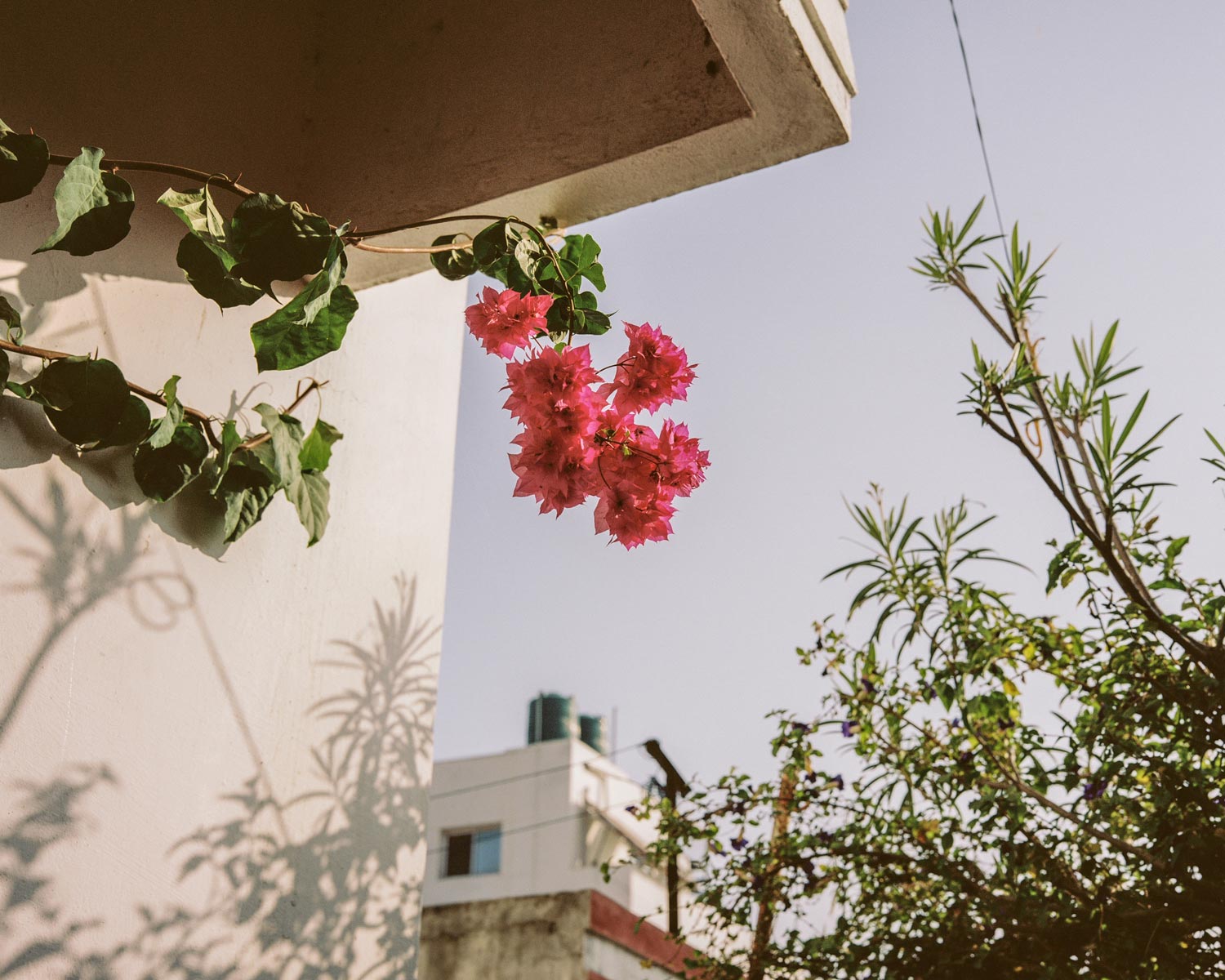
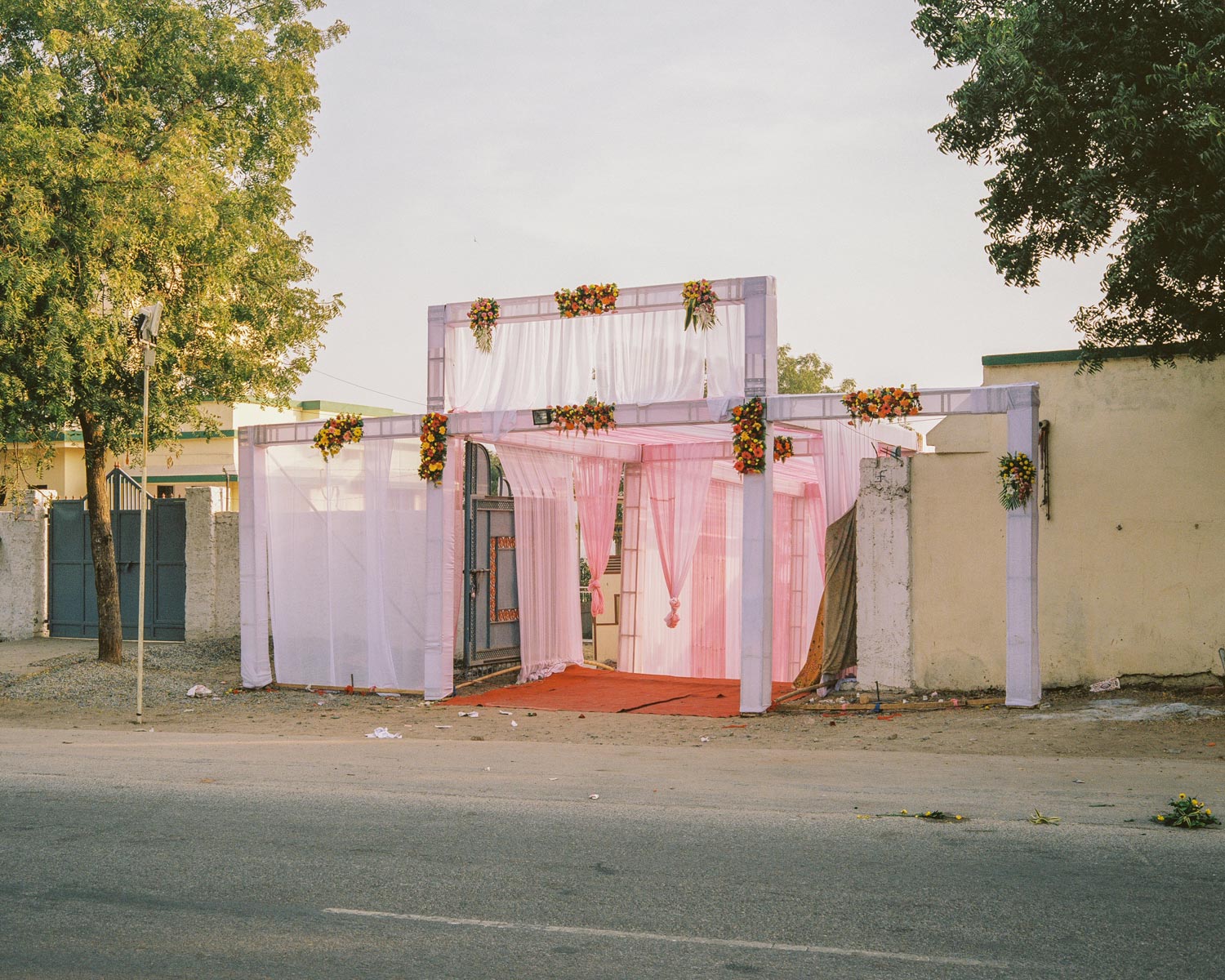
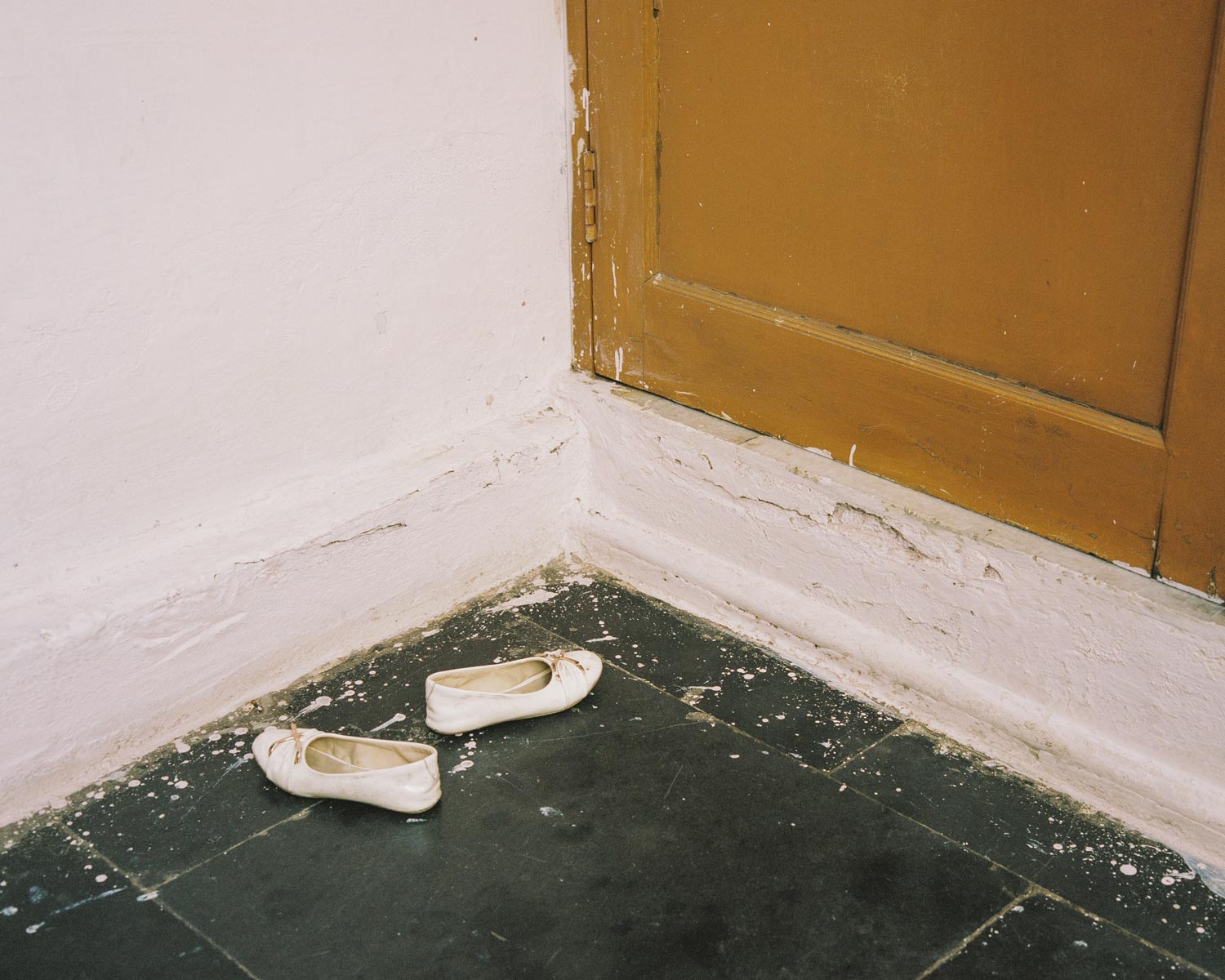
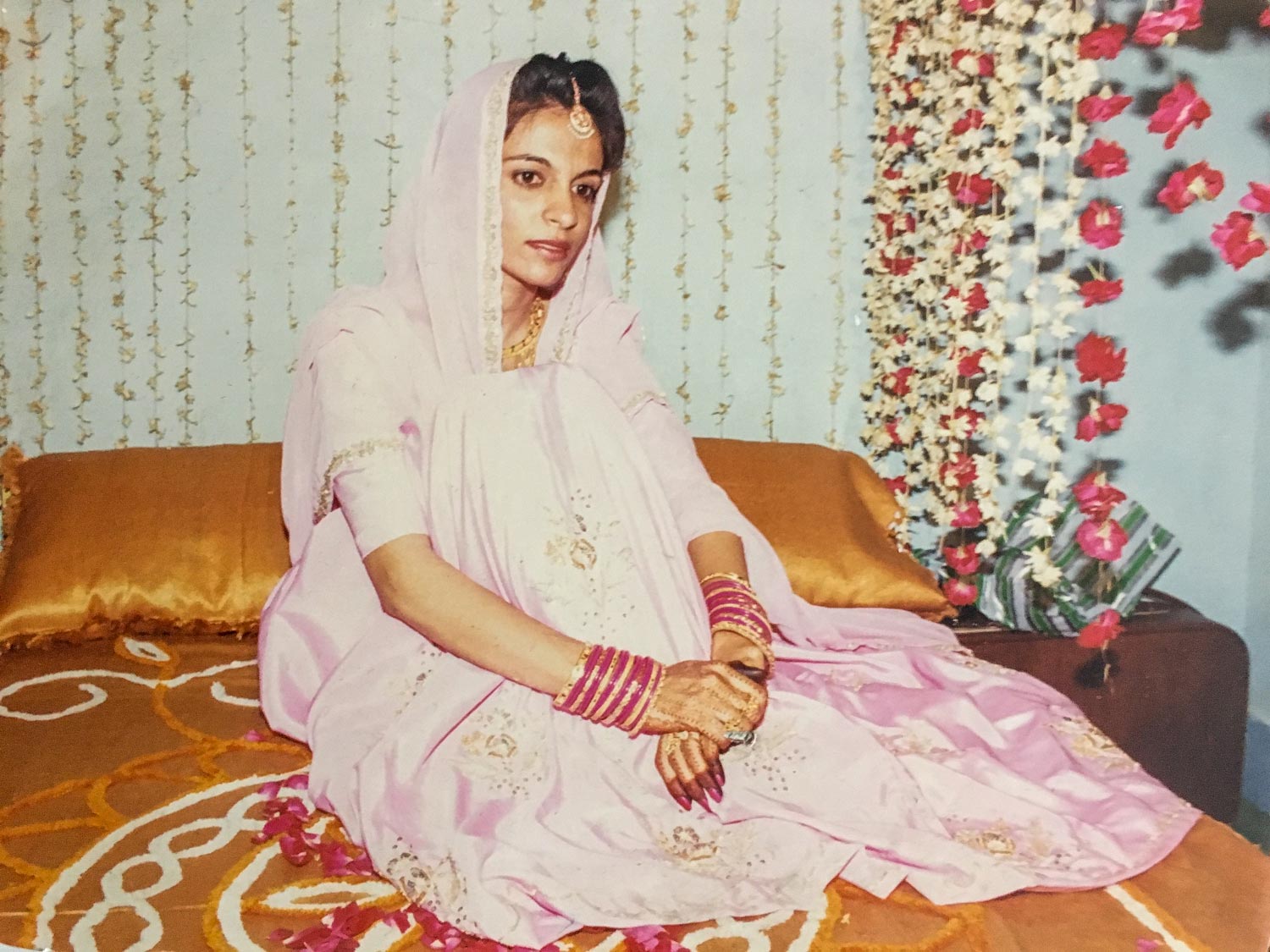
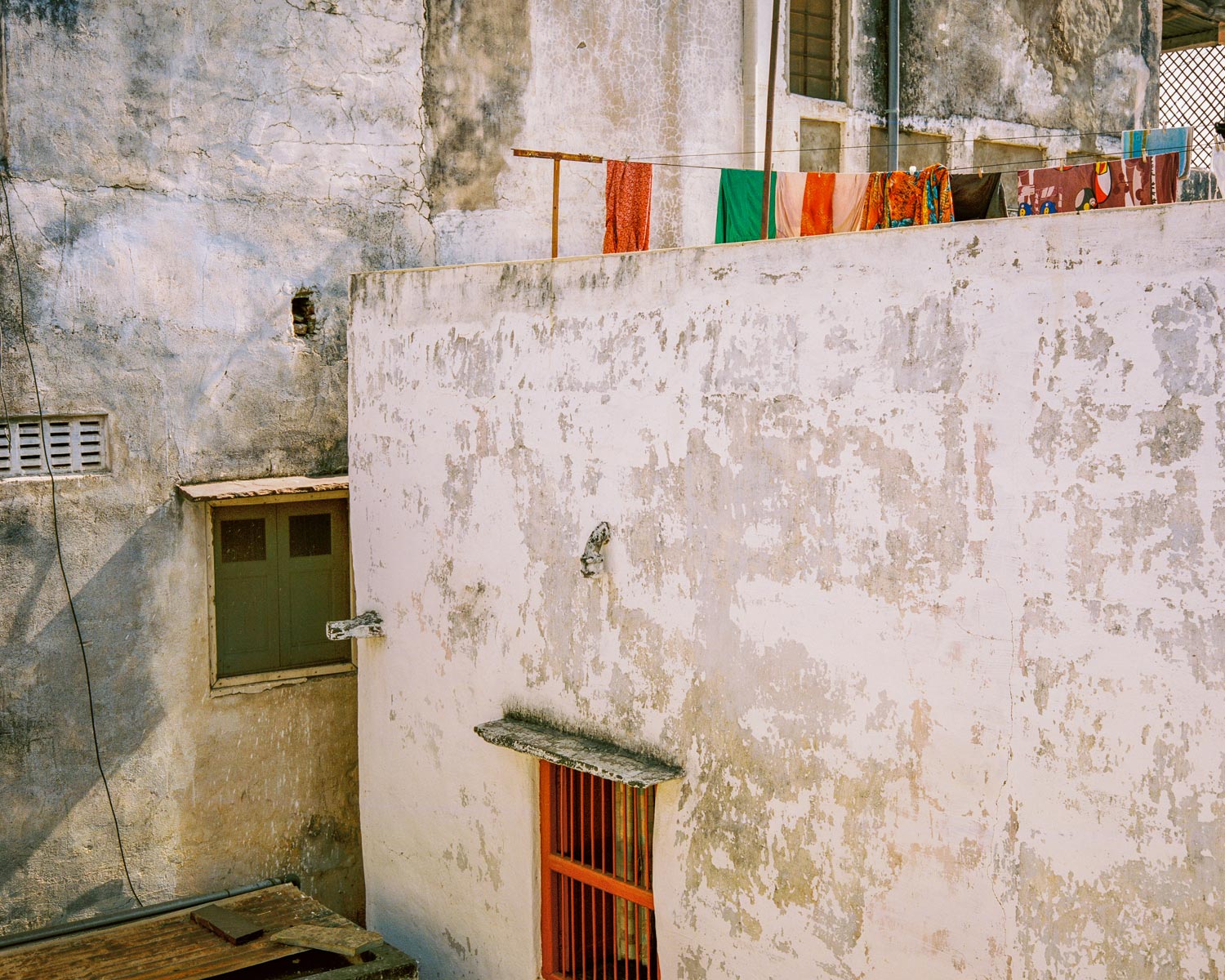
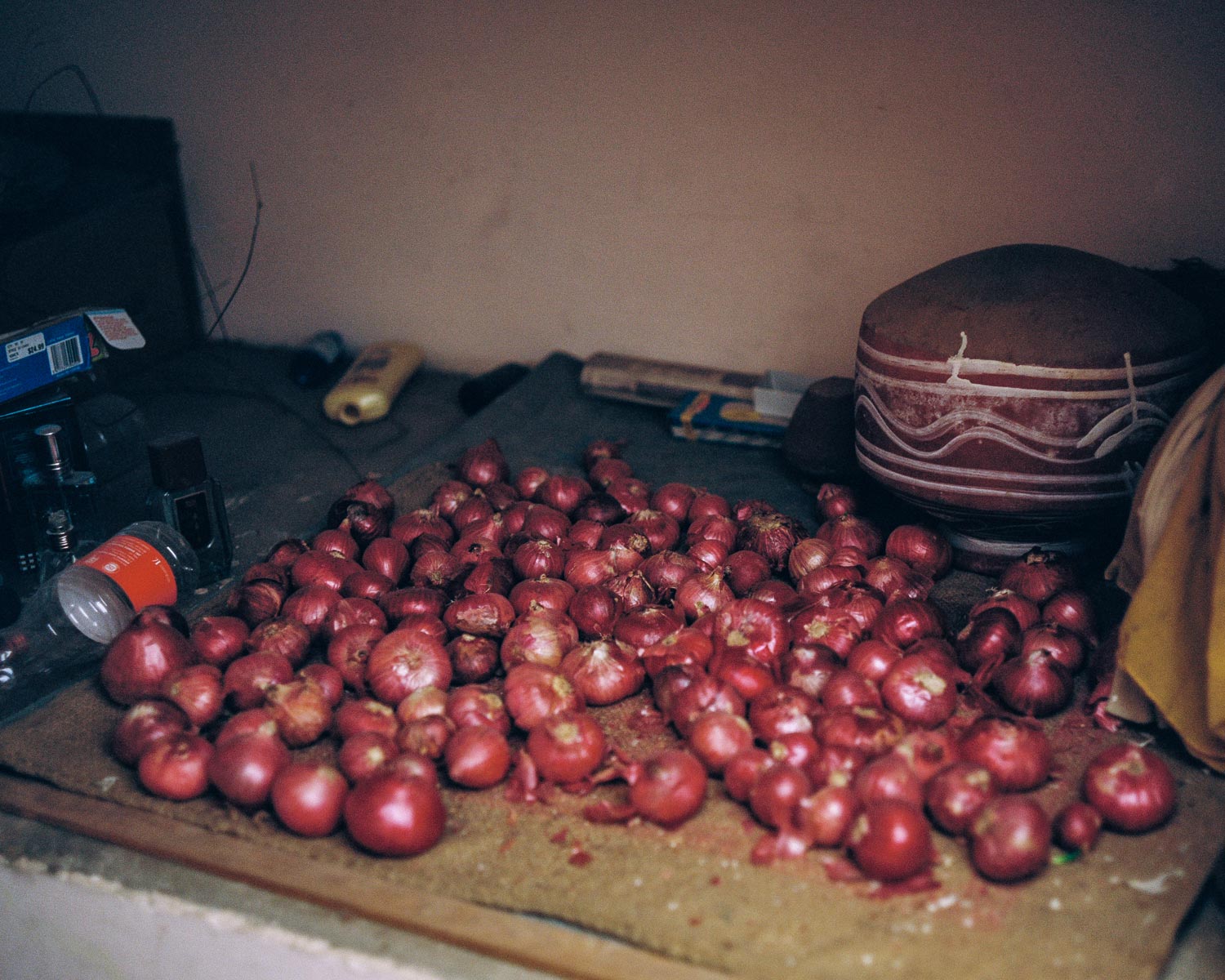
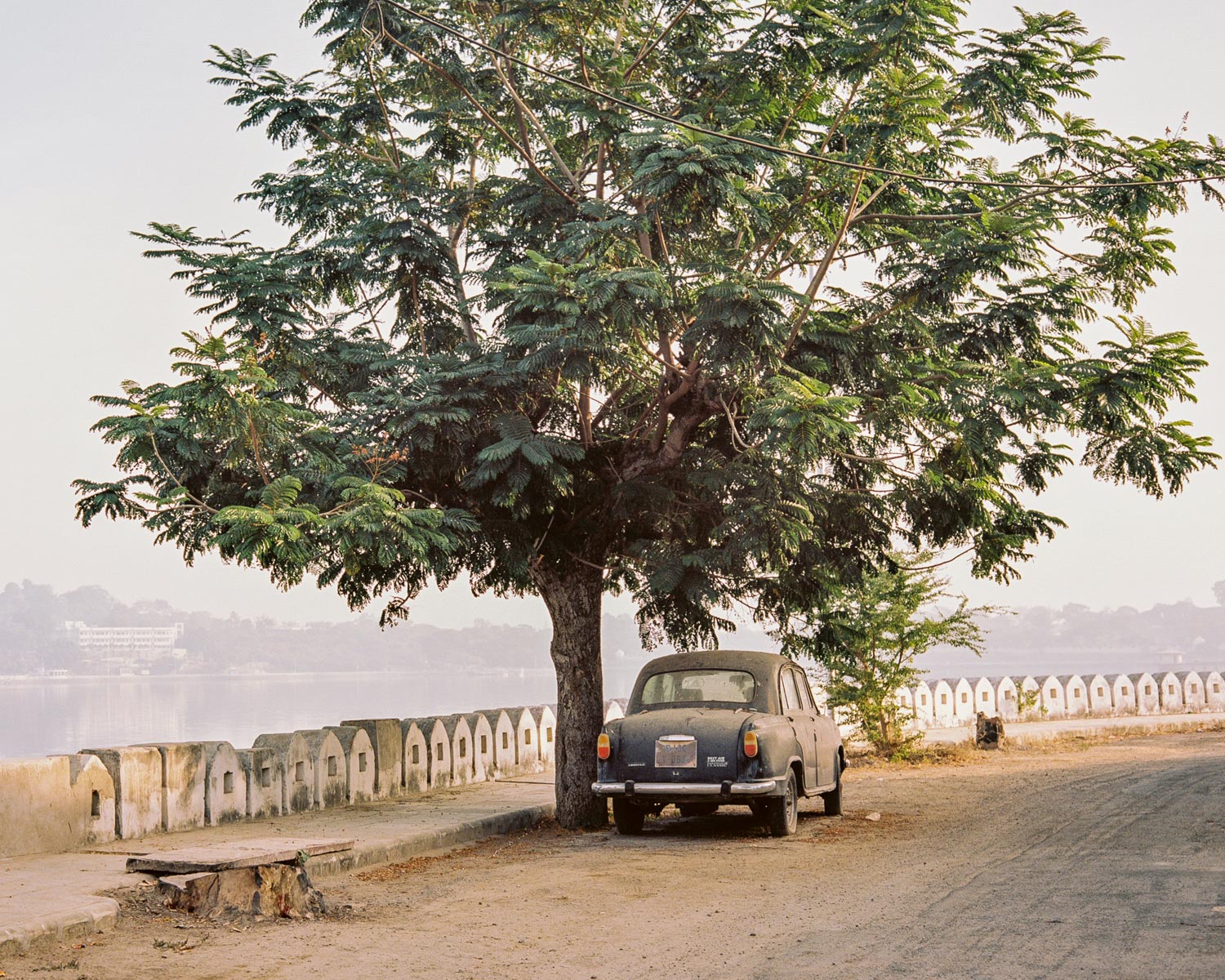
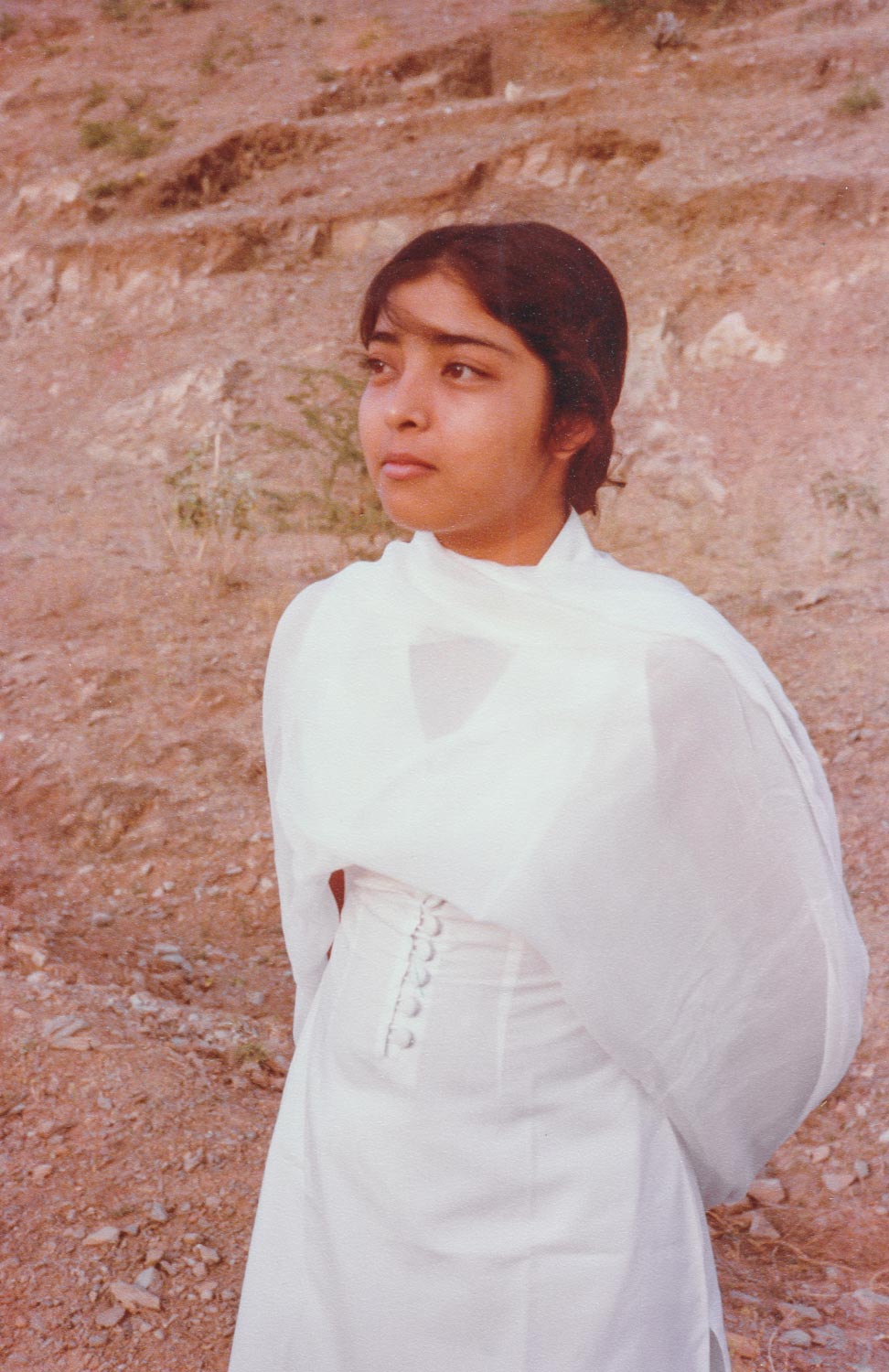
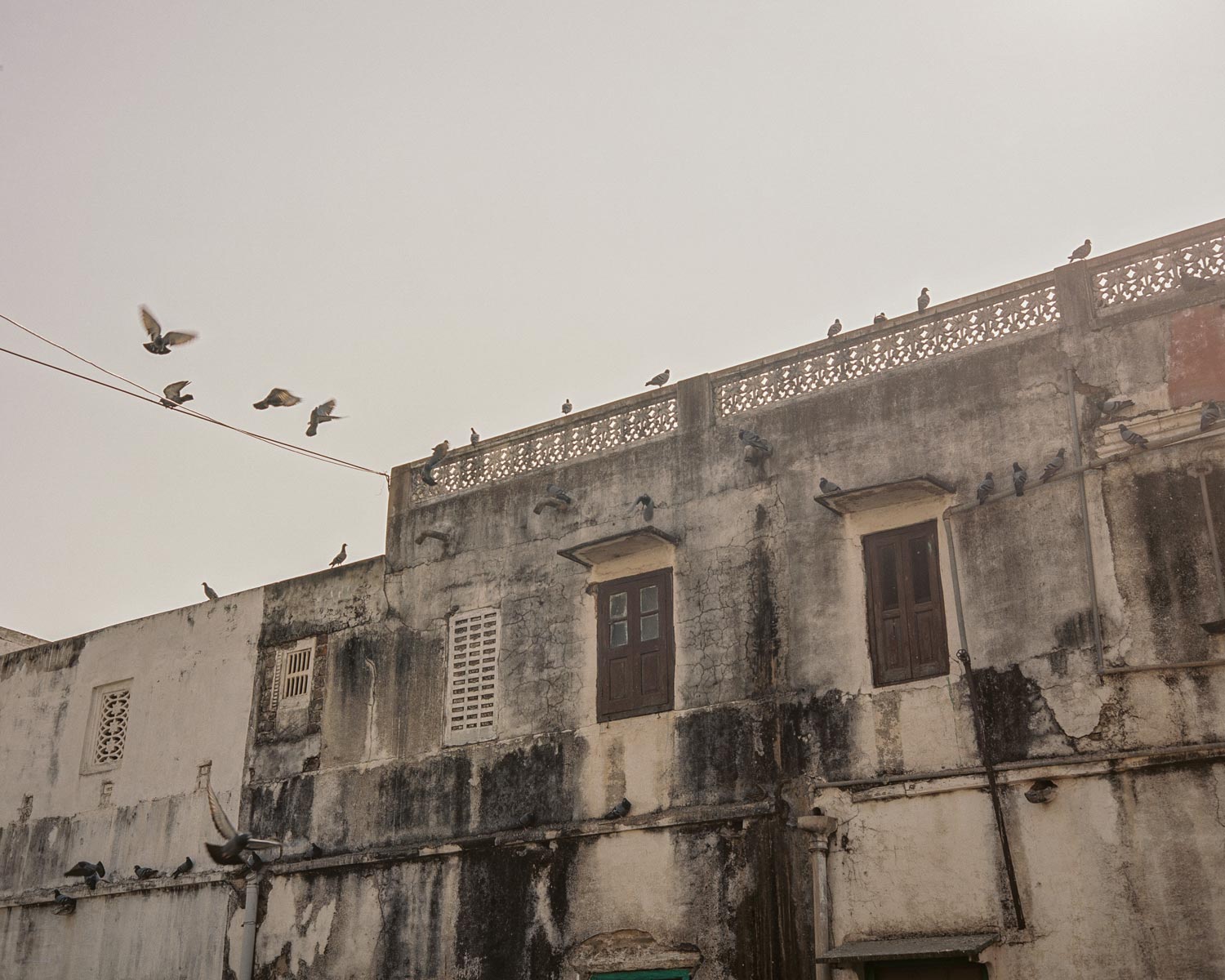
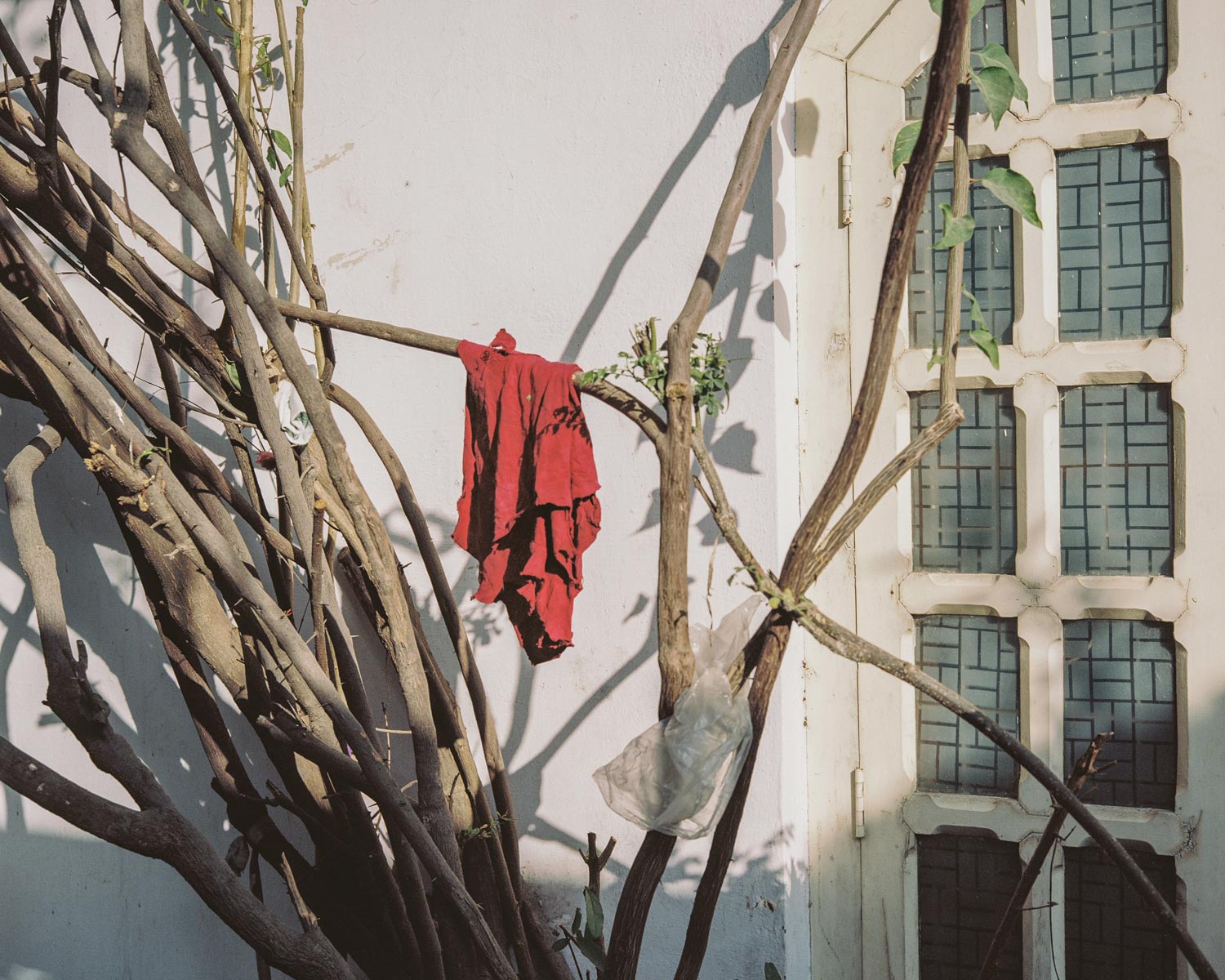
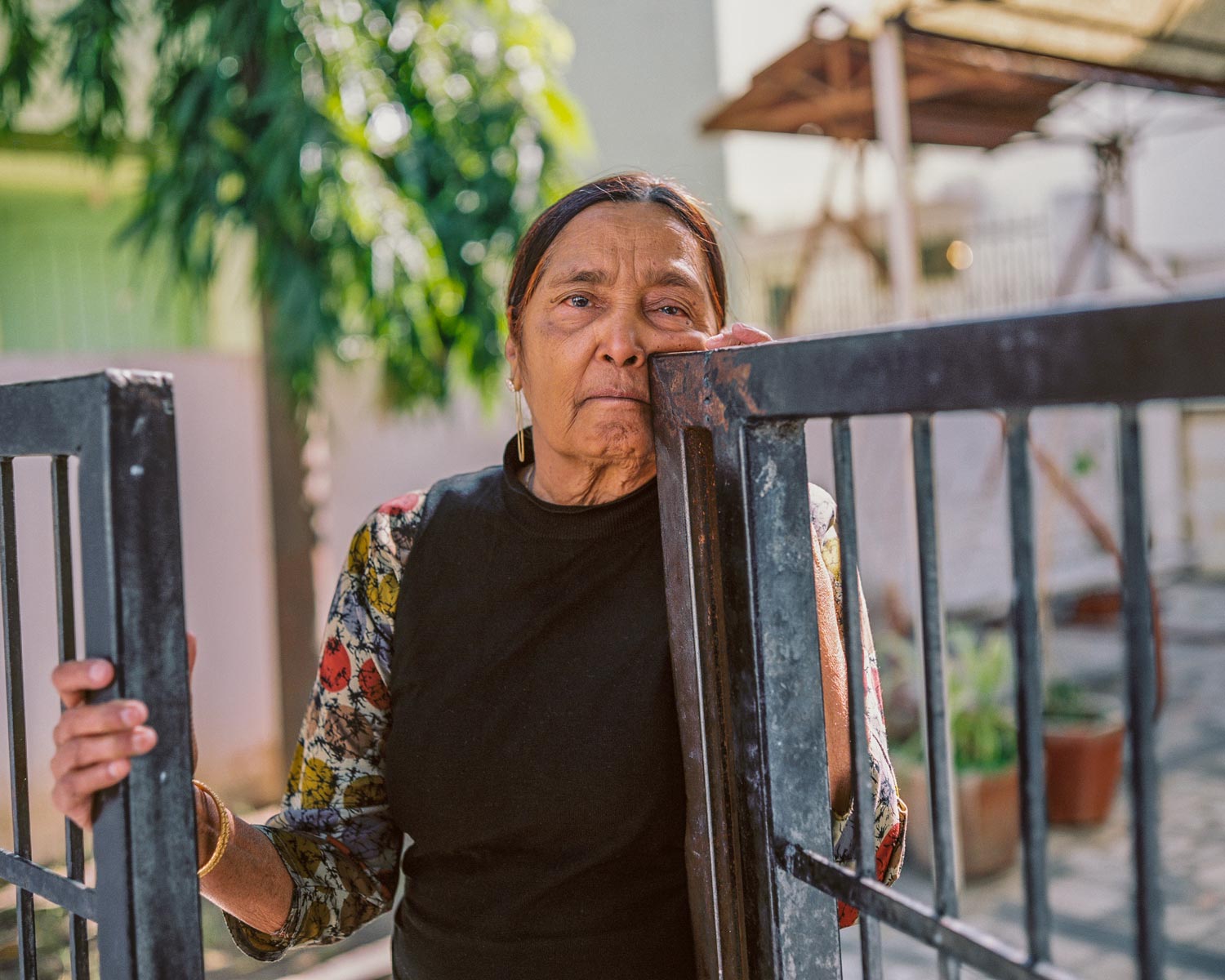
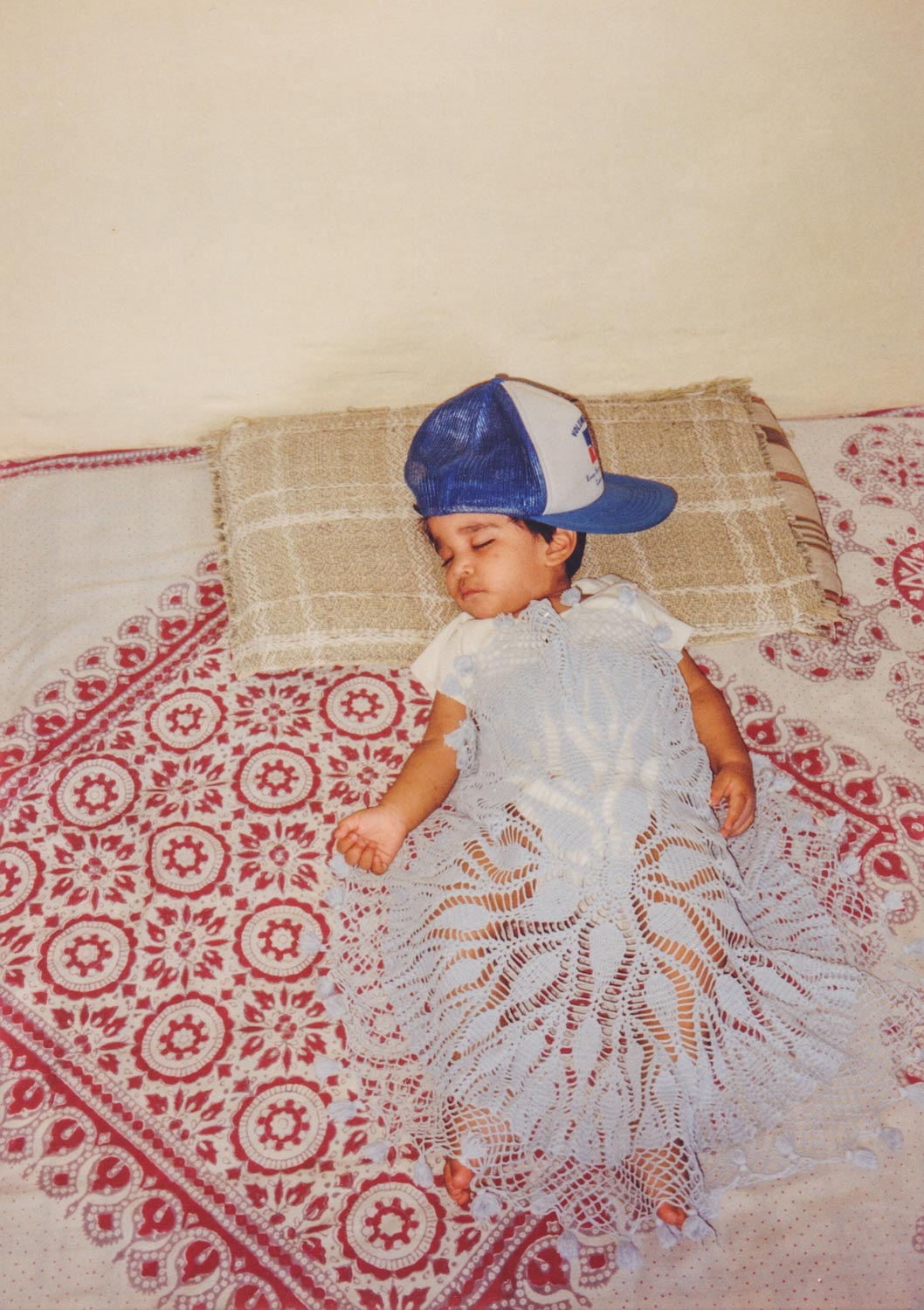
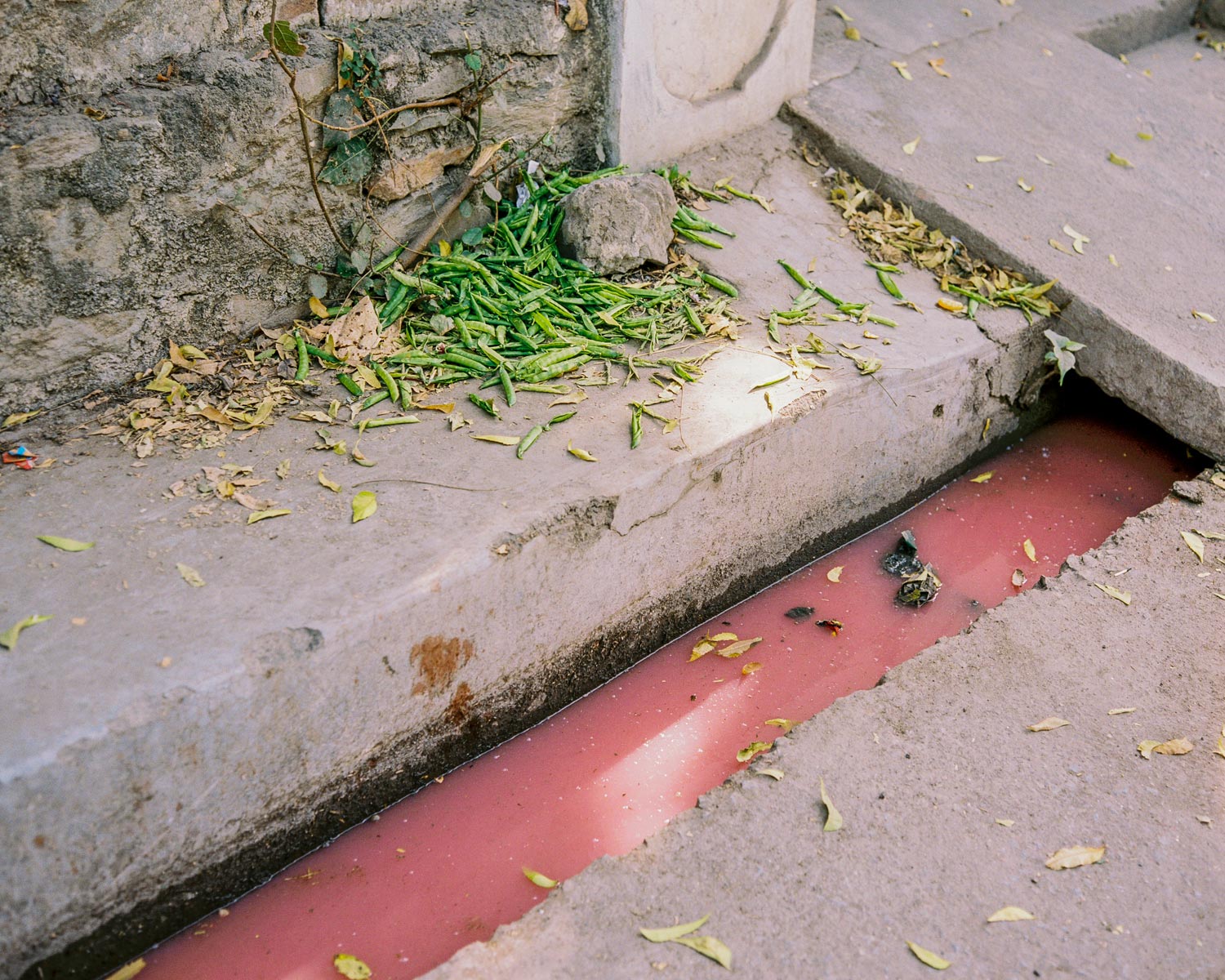
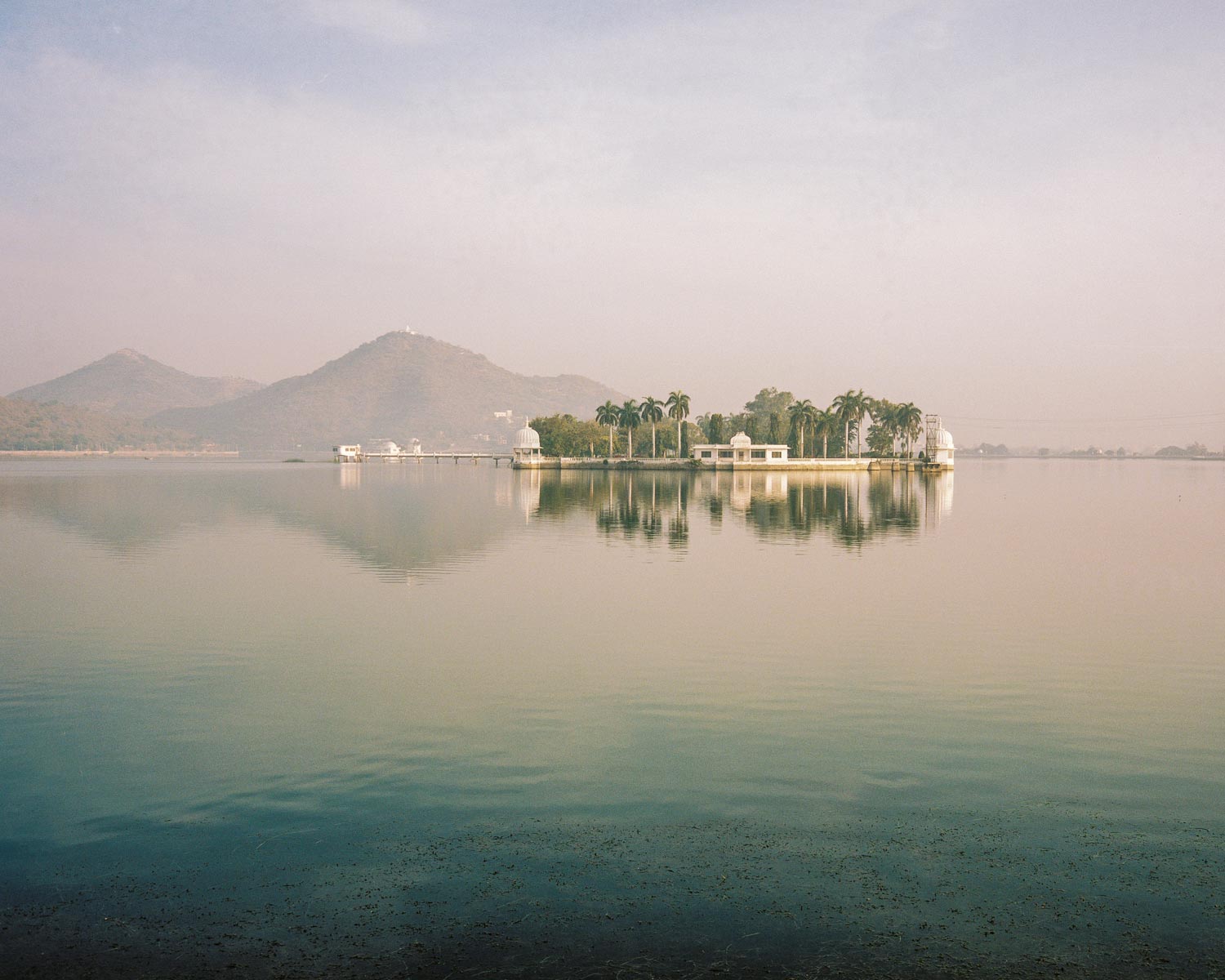
Rani Road by 29 year-old American photographer Saleem Ahmed is a series of images (also available as a photobook—buy your copy) shot in Udaipur, an Indian city where Saleem’s parents are originally from. “I return to Udaipur every two or three years, and I always want to photograph when I’m there. I want to save it and preserve it—like it’s slowly disappearing or changing.”
Initially, Rani Road was supposed to be a project about Saleem’s mother, but “it evolved into a story about various female characters, including my grandmothers, aunts, and cousins. These women are the backbone of my community and I wanted to share my appreciation for them. Rani translates to ‘princess’, and it is an actual road that borders one of the various lakes in Udaipur.”
The work mixes original photos by Saleem and old family photos: “I took my own images during morning walks to Rani Road and the surrounding neighborhoods. I sometimes asked my mom to take me to the places she used to live or spend time during her childhood. For the family photographs, I basically asked all my aunts, uncles, and cousins if I could scan their family albums. My time in Udaipur was all about gathering and creating content, knowing that I would have had to sort through everything when I got back to the United States. In the book, the images are accompanied by a written short story. The text was a way for me to figure out what I wanted to say with the images. It helped form some sort of structure and narrative. Once the writing was completed, creating an edit and sequence was much easier.”
Saleem had several references in mind while working on Rani Road: “I had seen other projects that included vernacular images from India, like Priya Kambli’s Color Falls Down. In terms of book design, I have always loved the color palette in Meg Griffiths’ book Casa de Fruta y Pan: it’s a very gentle and quiet book, which is something I also wanted to achieve. I was also drawn to the simplicity of how images were paired and sequenced in Osma Harvilahti’s Polychromatic. I like to keep things quiet and vague, so that viewers can make up their own stories and conclusions. I hope people enjoy the peacefulness of Rani Road.”
Photography for Saleem is “a way to share my observations and opinions that either exist in my head or in my notebook. I love to write about and wander within my environments. I love to get lost—to take different routes to different places because it leads to something I wasn’t expecting to see. As I roam, I am drawn to the details that speak about people. I don’t make a lot of portraits of strangers or include people in my compositions, but I believe you can learn a lot about someone without seeing them. I guess you could say it’s sort of like visual note-taking.”
Saleem’s #threewordsforphotography are:
Poetry. Thoughts. Peace.
Keep looking...

FotoCal — Photography Awards, Grants and Open Calls Closing in July 2023

FotoCal — Photography Awards, Grants and Open Calls Closing in June 2023

FotoCal — Photography Awards, Grants and Open Calls Closing in May 2023

FotoCal — Photography Awards, Grants and Open Calls Closing in April 2023

FotoCal — Photography Awards, Grants and Open Calls Closing in March 2023

FotoCal — Photography Awards, Grants and Open Calls Closing in February 2023

FotoCal — Photography Awards, Grants and Open Calls Closing in January 2023




